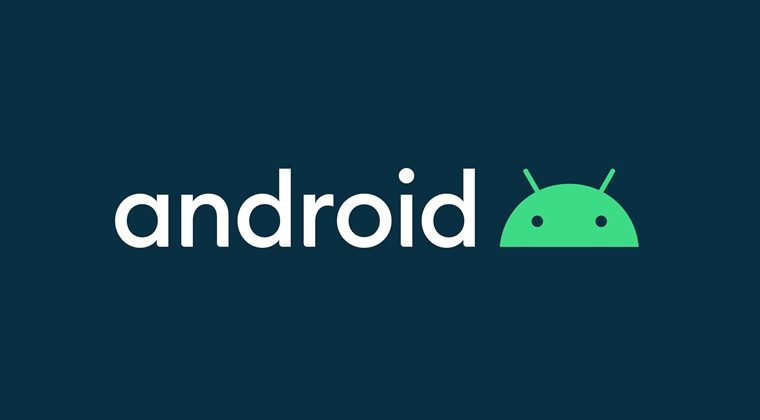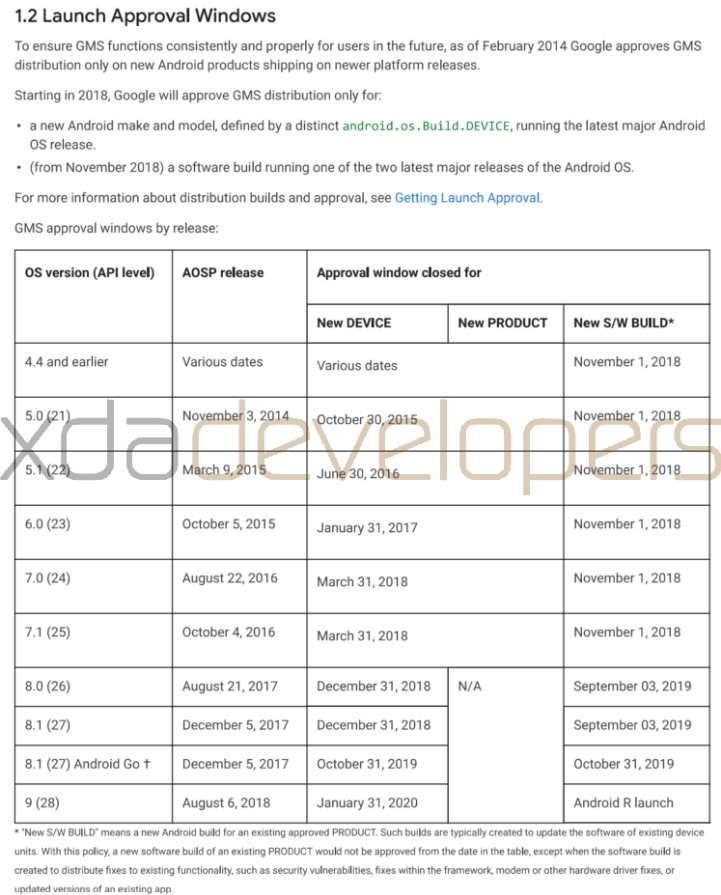
Google today made a major announcement which will have a long-lasting implication, both on users and manufacturers. 31st January 2020 will be the last date for any Android device running Android 9.0 Pie to get approved by Google. After the said period expires, Google will no longer accept software that builds requests from any OEMs. Only the devices running Android 10 will be able to get their software requests accepted for the GMS distribution. But what is a GMS and why the OEMs need to get approval for it? All this is explained in depth below. Moreover, if your device hasn’t yet received the latest Android, have a look at Android 10 update and learn when your phone will get it.
What is GMS and why OEMs requires an Approval
GMS stands for Google Mobile Services. It is a collection of various Google apps, services, frameworks and libraries. This GMS package is required by various OEMs to run Google apps on their devices. You might be knowing the fact that Huawei Mate 30/Pro doesn’t have any of the Google apps and services. This is because Google refused to acknowledge their request for the GMS approval (due to ongoing US-China Trade war).
So every OEM needs to send their software build to Google for approval of the GMS. This build then passes through various tests, some of which you might be aware of. These include the Compatibility Test Suite (CTS), Vendor Test Suite (VTS), and Google Test Suites (GTS). The CTS and VTS mostly fail on a rooted Android device unless you have done so via Magisk (and used the Magisk Hide feature). When it passes all the tests and meet the requirements mentioned in the GMS documents, Google approves the OEM to use the GMS.
The Recent Development surrounding Android 10

Google recently updated the Launch Approval Window. As per the information provided (refer to the above image), any new Android 9.0 device launched after January 31, 2020, won’t get approved for GMS. But there is an important thing to keep in mind. It doesn’t mean that you would stop seeing Android Pie devices after January 31.
As I have mentioned before, the OEMs have to send their software builds for approval of GMS before 31st January. Many manufacturers could get their software approved before the said period, but continue to provide Android 9.0 Pie even after the expiry period. This is because Google hasn’t placed any restriction on devices running Android 9.0 Pie, it’s only regarding the approval of GMS.
Moreover, have you recently updated to Android 10, but don’t have much idea about its features? Have a look at 10 new Android 10 features to get excited about.
What about devices that won’t receive Android 10
For the devices that won’t be getting an official Android 10 update, there is still some breathing left for them. Google will continue to provide Android updates to these devices until the next version of Android gets released. As is the norm, Google may release Android 11 around August 2020. After that, Android 9.0 Pie devices won’t receive further Android updates from Google. But it would still receive monthly security patch updates.
Even if your device won’t get updated to Android 10, you could still try out the Android 10 launcher. See how you could get Android 10 launcher port (APK) for Android 9.0 devices.
Implications
This could be regarded as one of the greater development surrounding the Android community. Google for long has been under heavy scrutiny for not being able to provide timely Android updates. This could finally change now that OEMs have been provided a deadline to act within. So one could now expect to get updates in a more timely and streamlined manner.
Read next: 7 Android Hacks That Don’t Need Root



Join The Discussion: